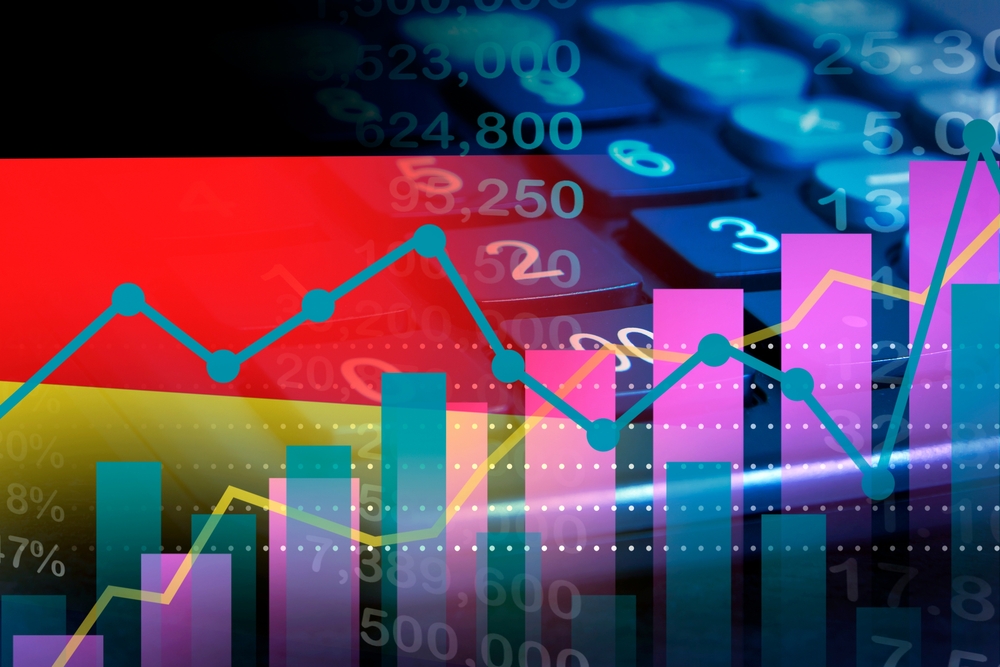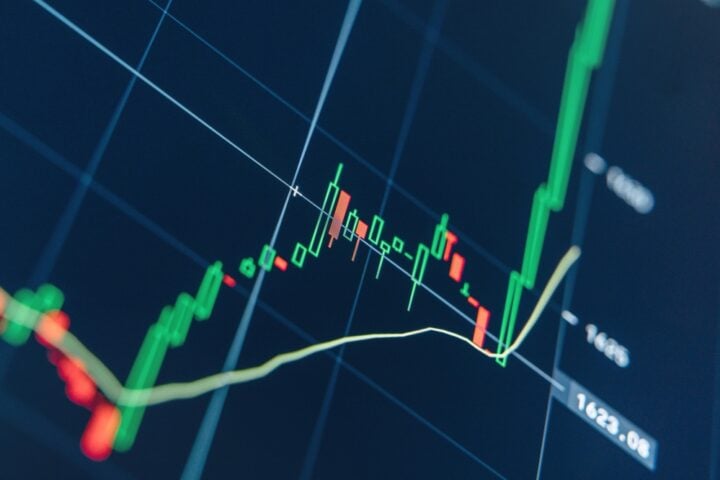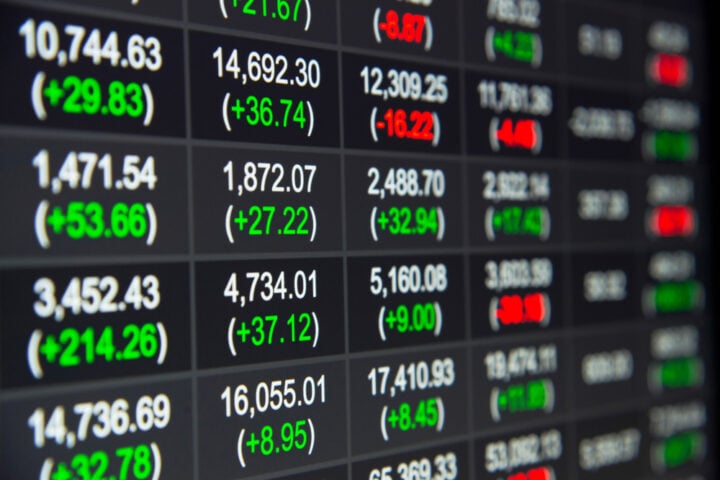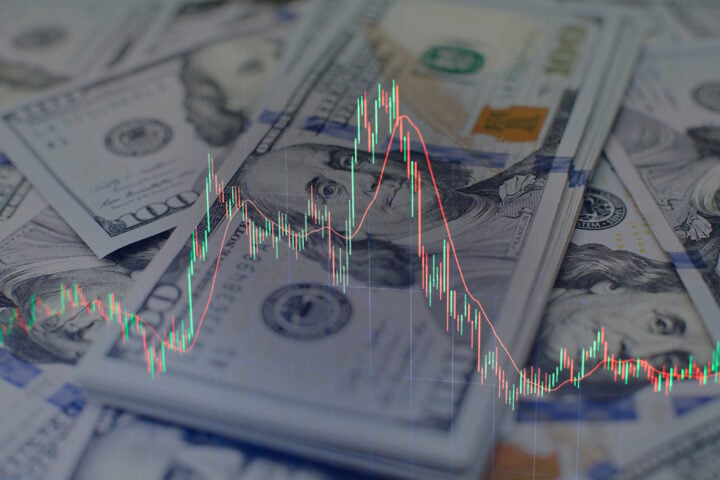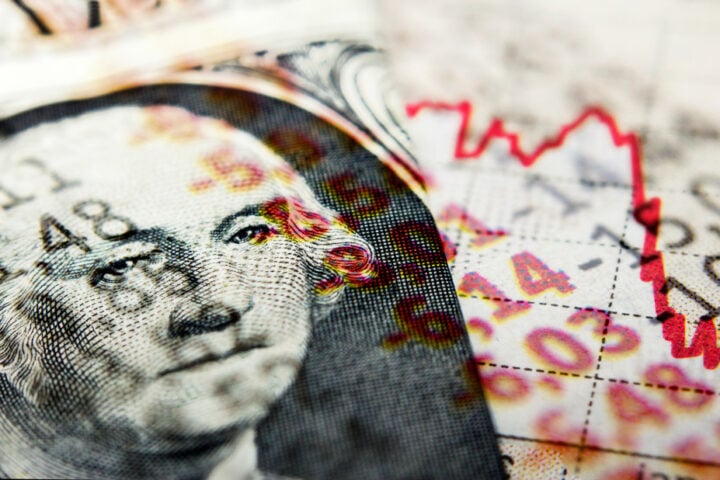Biggest Drop in German Investor Morale Since 2022
Germany’s investor morale took a significant hit in April, marking its steepest decline since the Russian invasion of Ukraine in 2022. The ZEW economic research institute reported that the economic sentiment indicator fell to -14.0 points from 51.6 points in March, well below analysts’ expectations of a 9.5 reading. This dramatic drop reflects the growing uncertainty caused by U.S. trade policies, particularly President Donald Trump’s unpredictable tariff decisions.
Uncertainty Caused by U.S. Tariffs
ZEW President Achim Wambach explained that the uncertainty triggered by changes in U.S. trade policies, especially reciprocal tariffs, has deeply affected Germany’s economic outlook. “It is not only the consequences of the announced tariffs on global trade but also the erratic changes that have massively increased global uncertainty,” he said. The uncertainty surrounding tariffs has raised concerns about global economic stability, particularly in Germany, which has a highly export-driven economy.
Impact on Germany’s Economy
Germany, home to a robust capital goods industry, is especially vulnerable to these developments. VP Bank’s chief economist, Thomas Gitzel, noted that the global business community is hesitant to make investments due to the current trade volatility. “The external economic environment remains difficult, and domestic economic momentum is weak,” said Bastian Hepperle, economist at Hauck Aufhaeuser Lampe, adding that Germany’s economy is likely to remain sluggish for the foreseeable future.
U.S. Tariff Pause Brings Temporary Relief
U.S. President Trump’s decision to temporarily pause most tariffs, including a 20% duty on the European Union, has offered brief relief. However, the temporary nature of this pause does little to alleviate the broader concerns regarding future tariff fluctuations. Despite the relief, analysts remain wary of the long-term effects on Germany’s export-heavy economy.
Mixed Economic Signals for Germany
Despite the negative outlook on investor sentiment, Germany saw a slight improvement in its current economic conditions, with the corresponding index rising to -81.2 points from -87.6. This signals a small rebound in Germany’s GDP, but experts, including Melanie Debono from Pantheon Macroeconomics, caution that the overall outlook remains bleak. “Germany’s economy is likely to struggle further down the line,” Debono said.
Looking Ahead
As Germany faces economic uncertainty, the ZEW survey reveals a stark contrast between short-term optimism and long-term caution. The nation’s financial analysts predict some improvement in the immediate future but expect continued challenges as global trade dynamics remain in flux. The survey, conducted with around 350 financial analysts, paints a picture of cautious optimism in the near term, with significant hurdles ahead.


